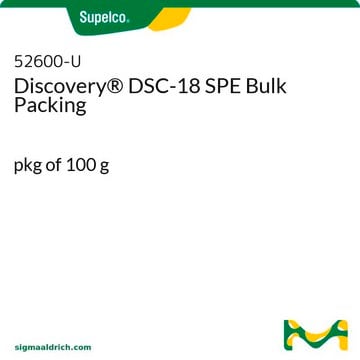A3669
Acebutolol hydrochloride
analytical standard
Synonym(s):
N-(3-Acetyl-4-[2-hydroxy-3-(isopropylamino)propoxy]phenyl)butanamide
About This Item
Recommended Products
grade
analytical standard
technique(s)
HPLC: suitable
gas chromatography (GC): suitable
application(s)
forensics and toxicology
pharmaceutical (small molecule)
veterinary
format
neat
storage temp.
2-8°C
SMILES string
Cl.CCCC(=O)Nc1ccc(OCC(O)CNC(C)C)c(c1)C(C)=O
InChI
1S/C18H28N2O4.ClH/c1-5-6-18(23)20-14-7-8-17(16(9-14)13(4)21)24-11-15(22)10-19-12(2)3;/h7-9,12,15,19,22H,5-6,10-11H2,1-4H3,(H,20,23);1H
InChI key
KTUFKADDDORSSI-UHFFFAOYSA-N
Gene Information
human ... ADRB1(153)
Looking for similar products? Visit Product Comparison Guide
General description
Application
Signal Word
Warning
Hazard Statements
Precautionary Statements
Hazard Classifications
Acute Tox. 4 Dermal - Acute Tox. 4 Inhalation
Storage Class Code
11 - Combustible Solids
WGK
WGK 3
Personal Protective Equipment
Choose from one of the most recent versions:
Already Own This Product?
Find documentation for the products that you have recently purchased in the Document Library.
Our team of scientists has experience in all areas of research including Life Science, Material Science, Chemical Synthesis, Chromatography, Analytical and many others.
Contact Technical Service









